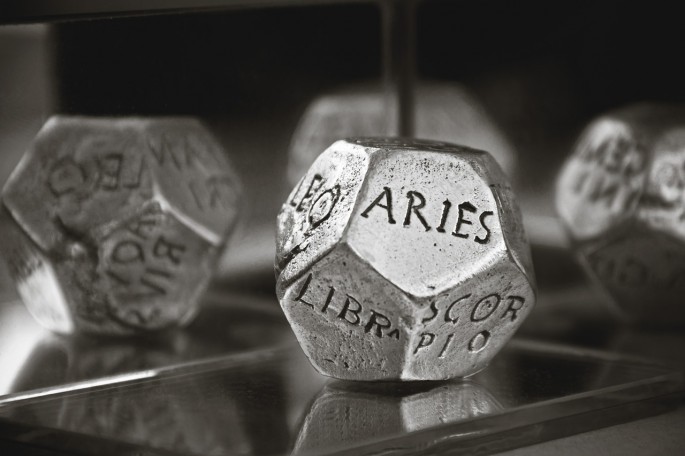There are countless superstitions around the world when it comes to good (and bad) luck. Luck superstitions evolve over time, with different countries, cultures, and religions having different beliefs. Let's look at some from around the world.
China is known for being a nation with a rich history of superstitious beliefs, particularly those linked to numbers and colors. Red is the luckiest of colors, while the number 8 is renowned for its fortune-bringing properties (its pronunciation sounds similar to the word for prosperity/wealth). Dragons and phoenixes are also lucky.
In the UK, good luck superstitions abound. People touch wood for luck, put money in the pockets of new clothes and catch leaves falling from trees in autumn. Over in the Netherlands, a pine tree is planted to bring fertility and good luck to newly married couples, while breaking a dish can also be a sign of good fortune.

Some good luck superstitions transcend national boundaries. For example, crossing your fingers for good luck is an action that is practiced in a large number of countries. Saying "white rabbit" on the first day of the month - either first thing in the morning or to complete strangers - is also a superstition that is put into action in several cultures.
There are also superstitions that are entirely specific to individuals. Olympic cycling champion Laura Trott has to step on a wet towel in her socks before competing in a race. Tennis star Serena Williams has to travel with the same bags and wear the same sandals.
Even those who aren't championship-winning athletes have their individual superstitions and practices for bringing good luck though. Wearing lucky pants is common, as are superstitions related to lucky numbers.
These come into play particularly when it comes to things like how to pick lottery numbers, where people are understandably keen to do all they can to bring themselves luck. Lucky numbers are often very personal - the date of a child's birthday or a special anniversary frequently find their way into lottery ticket choices.
According to research by Lottoland, 74% of Britons believe in lucky numbers, with this superstition coming to the fore when playing lottery. 7 is commonly seen as lucky in the UK, while the number 13 is often associated with bad luck. In Norse mythology, it was the 13th guest, Loki, who ruined a dinner party of the gods, plunging the world into darkness.
Meanwhile, many Christians see 13 as unlucky as Judas Iscariot (he who betrayed Jesus) was the 13th guest at the Last Supper.

Aside from numbers, many superstitious people place their faith in astrology. Indian astrological beliefs from the Vedic period have evolved into several ways to bring about good luck and fortune, including planting leaves, eating leaves, and even wearing the leaves, stems, and roots of plants.
In addition, different astrological signs have different ways to bring about good luck. Librans, for example, should wear green, while Scorpios should wear crescent-shaped jewelry for good luck in love and Capricorns should keep a piece of quartz in the workplace.
Of course, not everyone is superstitious. However, if you're the type to step over cracks in pavements and avoid walking under ladders, it can't hurt to appreciate customs from around the world that might bring you more good luck!


























